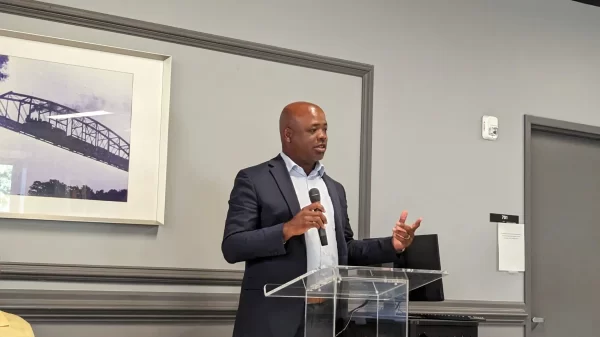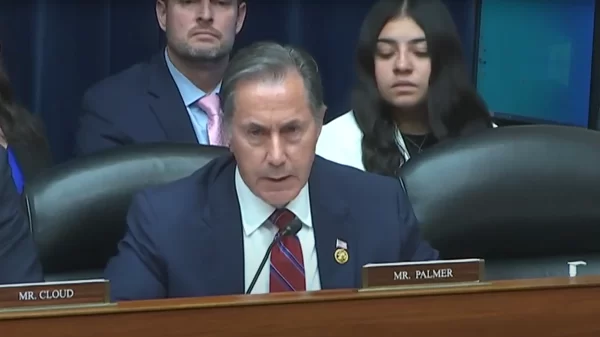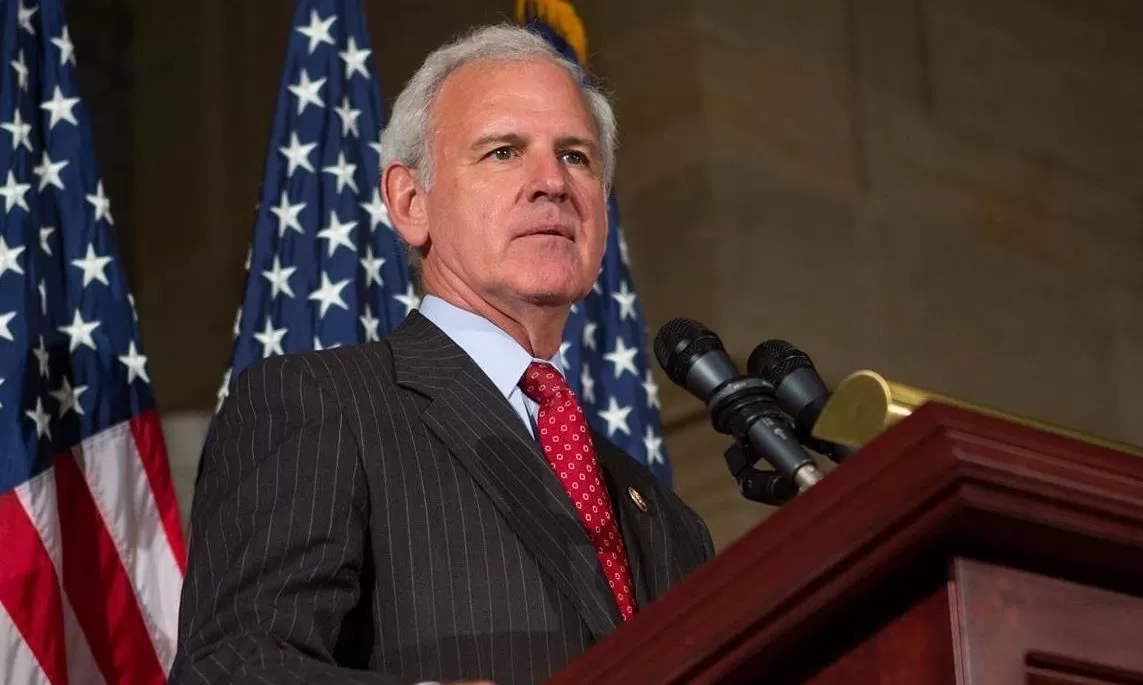By Quin Hillyer
Gov. Robert Bentley apparently is content with Alabama being an educational backwater.
There’s almost no other way to categorize the governor’s decision to refuse inclusion of a charter-school bill in the package of proposals for which he will request passage at the 2013 legislative session. This comes after he provided almost no leadership in favor of charter schools this past spring, watching as a reform expected easily to pass the Legislature instead suffered a humiliating death by a thousand cuts.
Bentley’s abdication on this front will help condemn tens of thousands of children to inadequate educational opportunities, when the evidence is overwhelming that charter schools often significantly enhance educational achievement. Indeed, charters have now joined welfare reform as one of the few policy innovations born on the political center-right that have succeeded so well that even political liberals have embraced what they once opposed.
For the uninitiated: Charter schools are publicly funded, but operated outside of the normal school bureaucracy and given more freedom from red tape in exchange for increased accountability. They allow parents a choice for what sort of public education their children should receive. Some of these schools might offer longer school days; some might offer increased instruction in the arts; some might offer innovative reading programs.
Among the many indices of charter successes, consider that charters in New York City outperformed traditional public schools there by 12 points in math and five points in reading, even while serving higher proportions of black and Latino children http://online.wsj.com/article/SB10000872396390443343704577550781938901886.html . More amazing, city charter schools outdid the whole state average on math scores by 7.2 points, while serving a population that is 75 percent economically poor compared to just 50 percent poor statewide. A 2011 study of Massachusetts charters by Harvard University’s Center for Education Policy Research also found substantial performance improvements there. Meanwhile, even where charter test-score data from other places is inconclusive, studies consistently show parental satisfaction rates with charters are through the roof.
Meanwhile, lest anyone sneer that the New York and Massachusetts results somehow won’t be replicated in a different culture down South, perhaps the most useful information comes from fellow Gulf Coast state Louisiana, which is demographically and in many ways culturally similar to Alabama to a remarkable degree. After Hurricane Katrina, of course, virtually the entire public school system in New Orleans, an infamously failing system, switched to charters, with tremendously good results – but what is less known is that charters elsewhere in the state have likewise produced higher degrees of educational attainment.
As summarized by the administration of Gov. Bobby Jindal: “The 2009 Stanford CREDO Project found students at Louisiana charter schools are outperforming their peers at traditional schools in math and reading. A 2011 CREDO report on New Orleans specifically found that students at nearly half of charter schools in that city are improving their reading and math performance at a significantly faster rate than their peers in traditional schools.”
Competition works, not just for the schools of “choice” but also for traditional public schools that now have greater incentives to keep up. Louisiana schools as a whole are performing better on measurable indices (factors including not just test scores but also attendance rates and graduation rates) than they did before – but all classifications of charter schools are improving at faster rates than non-charters, and several classifications are outperforming the entire state average, even though the overall average includes results from some of the wealthier school districts. The greatest improvements have come from the schools that previously were the lowest performing, with one classification of charters showing an average improvement of 7.5 percent in just a single school year.
As one telling indicator of the popularity of this form of school choice, applications for new charter schools in Louisiana are up a whopping five-fold this year http://www.louisianaschools.net/offices/publicaffairs/press_release.aspx?PR=1672.
Here at home, the Alabama Policy Institute has done yeoman’s work in preparing the ground for charters. API President Gary Palmer notes that just cutting the male school dropout rate by 5 percent – easily in line with the experience of charter systems elsewhere – would save the state $125 million annually in various government outlays (criminal justice, health care, etcetera) http://apinewmedia.com/video_detail.php?id_video=75&video_category_id=3.
“Any time you empower people with choices…you’re going to improve schools,” said Jeb Bush, the former Florida governor who instituted several different types of school choice in his state, in an interview with API.
As I reported in a story for the national magazine The Weekly Standard two months ago http://www.weeklystandard.com/articles/what-s-matter-alabama_647323.html, school superintendents worried about their power bases joined earlier this year with the anti-reformist Alabama Education Association to kill charter legislation while Gov. Bentley fiddled. Now Bentley, who owed his election in large part to the AEA, has decided not even to try again. Considering the opportunities this will deny to Alabama children, his reticence is unconscionable.
National award-winning journalist Quin Hillyer, a resident of Mobile, is a Senior Editor for The American Spectator and a Senior Fellow of the Center for Individual Freedom http://cfif.org/v/.




















































